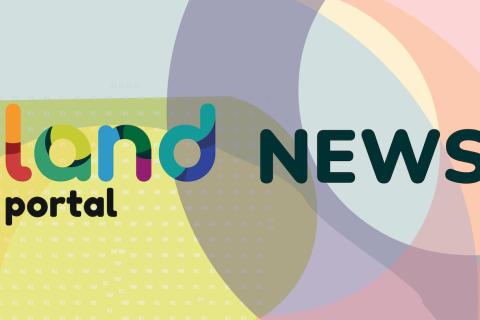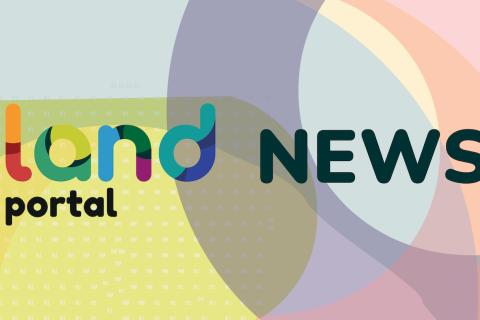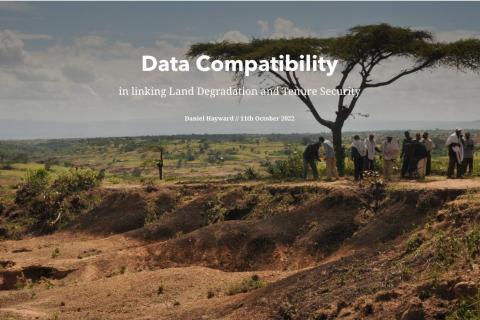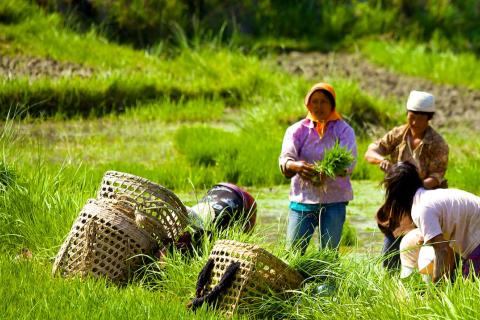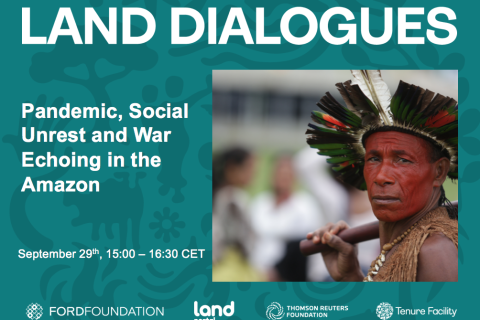Are pastoralists and their livestock to blame for climate change?
This What to Read digest examines livestock keeping in pastoral systems and features recent research that reviews the relationship between pastoral livelihoods and global climate change.
New Publication: State of Land Information in Malawi
Land Portal Publishes New State of Land Information Report for Malawi
During the colonial era, data and information was largely treated as confidential in Malawi. According to Mambulasa (2016), many statutes in Malawi dating back to colonial times promote government secrecy and the withholding of public information. This has resulted in lingering land administration and management challenges. Land-related problems have been a constant feature of Malawian society, including the pre-colonial, colonial and post independence period starting in 1964.
Data Story: What makes and breaks achieving women's tenure security
Celebrating Women's International Day, we take a tour to Sierra Leone and put our lens on specific factors that affect women's perception of being insecured in their lands. This data story is based on fresh data from partner organisations Green Scenery, Resource Equity and the University of Groningen.
Webinar Recap: Inclusive finance for land governance: A conversation with donors
The Land Portal and Both Ends capped the popular Whose Land? webinar series with a final webinar on inclusive financing that drew over 300 participants on 2 March 2023. "Inclusive finance for land governance: A conversation with donors” featured donors from the Netherlands Enterprise Agency, Both ENDS, Global Fund for Community Foundations, and Tenure Facility, as well as a diversity, equity, and inclusion expert.
Webinar Recap: Uncovering Land Data Opportunities in Senegal
Along with GIZ and the National Agency for Spatial Planning, known as ANAT, in Senegal, we co-hosted a webinar, “Uncovering Land Data Opportunities in Senegal,” on 31 January 2023. The panel brought together open data and land governance experts to discuss the state of land information in Senegal – focusing on the findings from the SONI Senegal Report – and the way forward to a more inclusive, open and transparent land data ecosystem in Senegal.
New Country Portfolio for Sudan - Arabic
New Country Portfolio for India
New Country Portfolio for Guinea Bissau
Data Compatibility in Linking Land Degradation and Tenure Security
This data story investigates the challenges to align action on land degradation and tenure security based on the screening of available datasets in both domains.







